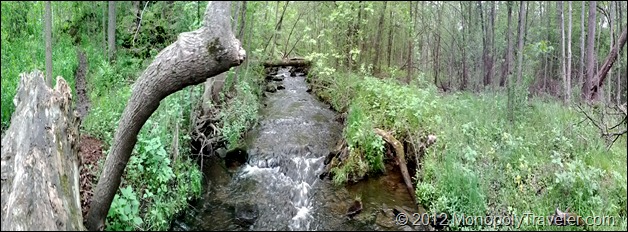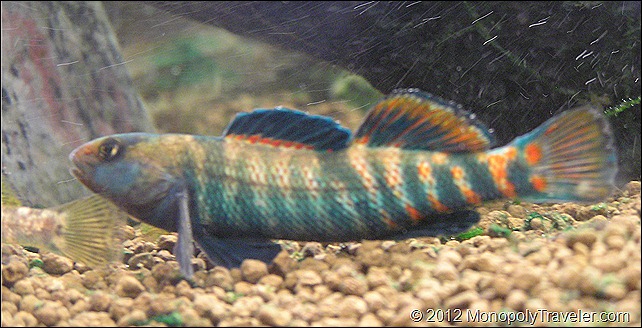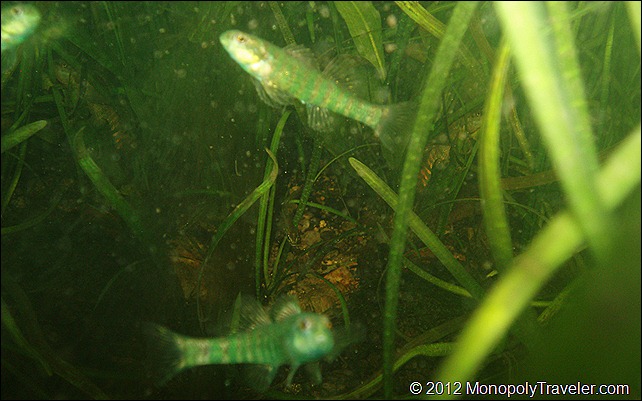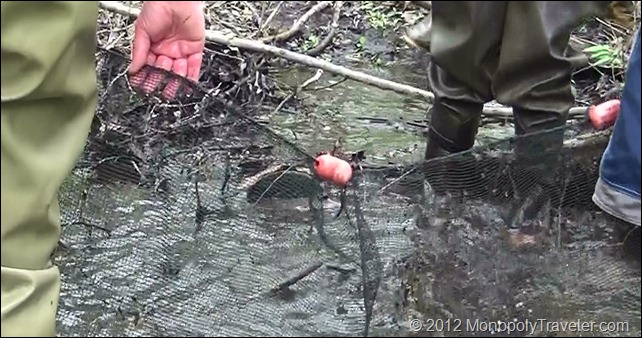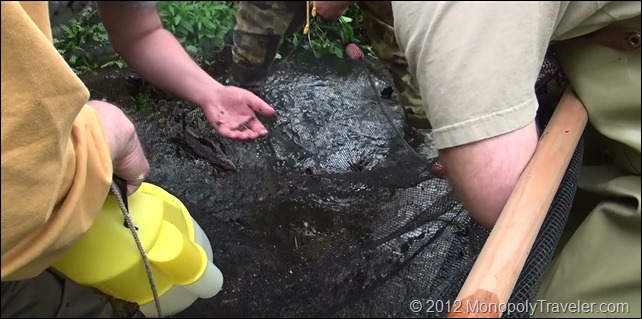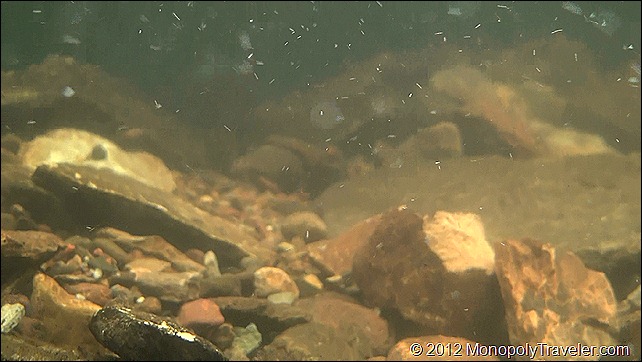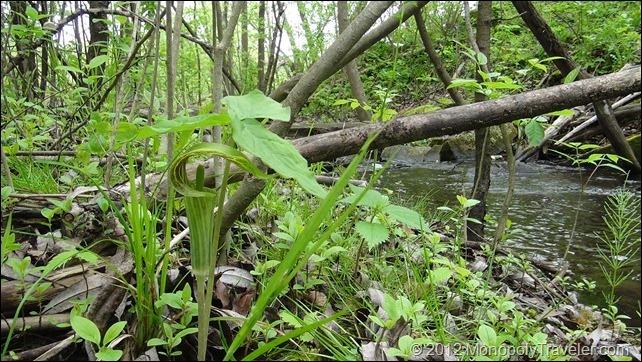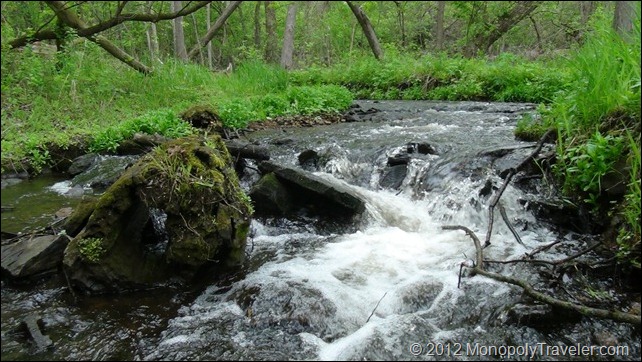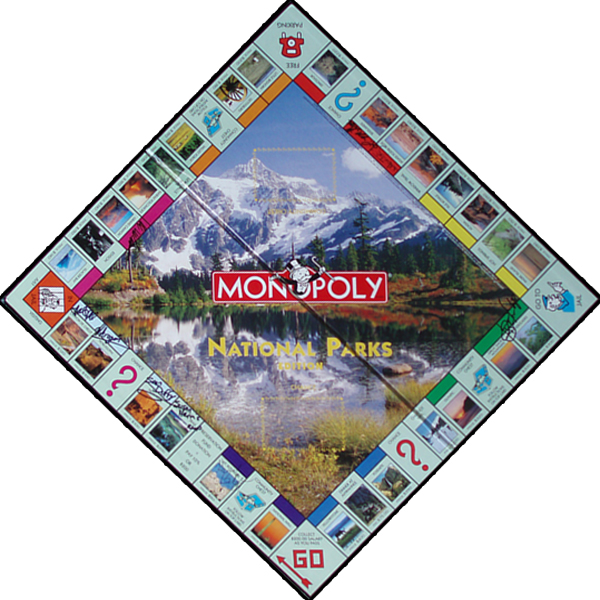May is when the memories of winter start to fade as plants start to grow and flower, the leaves of the trees become large enough to provide shade, and natures orchestra begins playing once again with the birds singing, frogs croaking, and the breeze moving through the trees. There are many things about this time of year that I truly enjoy. Flowers gracing us with their beauty and fragrance, the smell of freshly mowed grass, and the warmth provided by the sun. While these are great moments to enjoy one of the things I enjoy most about May is going on a darter hunt.
What’s a darter hunt you ask? Well it’s not really hunting as there are no guns or arrows. Instead a group of people are armed with the appreciation of nature and a few nets. A darter is a relatively small fish related to perch that are native to North America. Every May the Minnesota Aquarium Society plans a few trips near the Twin Cities in search of the different darter species that are native to this area. Along with members of the aquarium society they also invite members of the North American Native Fishes Association to participate of which I am a member.
Members of these two organizations get to take some of these darters along with other minnow species home to learn about and enjoy in aquariums. Some of these fish end up in school aquariums or even at the Minnesota Zoo allowing more people the opportunity to see native fish they probably never new existed. I do have an aquarium dedicated to native fish and will bring some home from these darter hunts but mostly I participate because I enjoy seeing what fish are in area lakes, rivers, and streams. A special permit is required by the MN Department of Natural Resources in order to keep these darters which the aquarium society obtains every year so this is the one time of year I can get this unique fish.
A darter hunt begins by donning waders or hip boots for those that do not want to get wet. The water is usually a little on the cold side but there are those that don’t mind getting wet so go without waders or hip boots. Once dressed for the water we grab a couple of nets and minnow buckets to put in our catch and head for the stream. Or lake. Or River. And don’t forget the cameras but the real trick is to keep them from getting wet. A couple of people go a short distance downstream and hold a net across a portion of the river or stream keeping the bottom secured to the stream bed and the top above water if possible while a few other people begin chasing fish into the net by shuffling feet across the stream bed. Once this group chasing the fish gets to the net they quickly reach down and grab the bottom of the net and pull this whole thing up above the water to see what was caught. If this is not done in unison with those holding the net the likely scenario is escape. Fish are quite adept at escaping and only require the chance to do so.
As the hunters begin combing through the debris caught in the net to reveal fish the look on their faces is almost always the same – amazement. Amazement at success of actually catching some fish, amazement at how colorful some of these fish are, and amazement that these fish actually live in these bodies of water. As soon as first timers actually see and hold some of these darters for the first time they are hooked and ready to spend an entire day searching for more. Sometimes they are ready to hunt for much more than a day. Watching someone’s reaction to this success may be the best part of a darter hunt. Although, the beautiful surrounding could also be the best part. I can’t really decide.
My first darter hunt took place a number of years ago now. I remember the hunt but I don’t remember which year it was. I was hooked on native fish and prefer to keep native fish above tropical fresh water fish and even saltwater fish. Mostly this is because very few people have or even know about these fish and knowing exactly where this fish was collected makes keeping them more memorable. There are many people who would like to collect tropical fish that they see and buy in fish stores but are unable to. Native fish allow a person to experience fish collecting without arranging a trip to some tropical place. This being written, I do still have a tropical fish aquarium and a saltwater aquarium.

